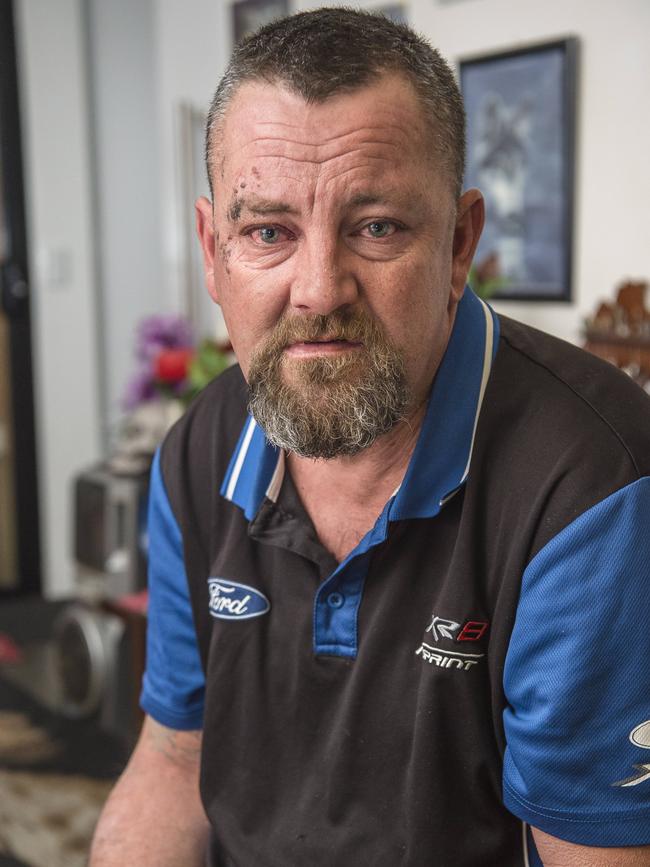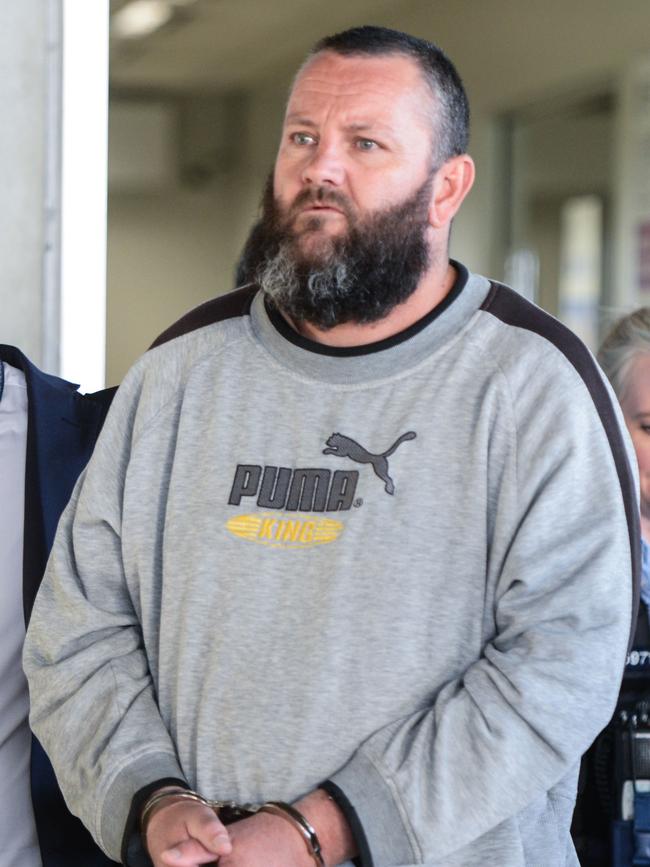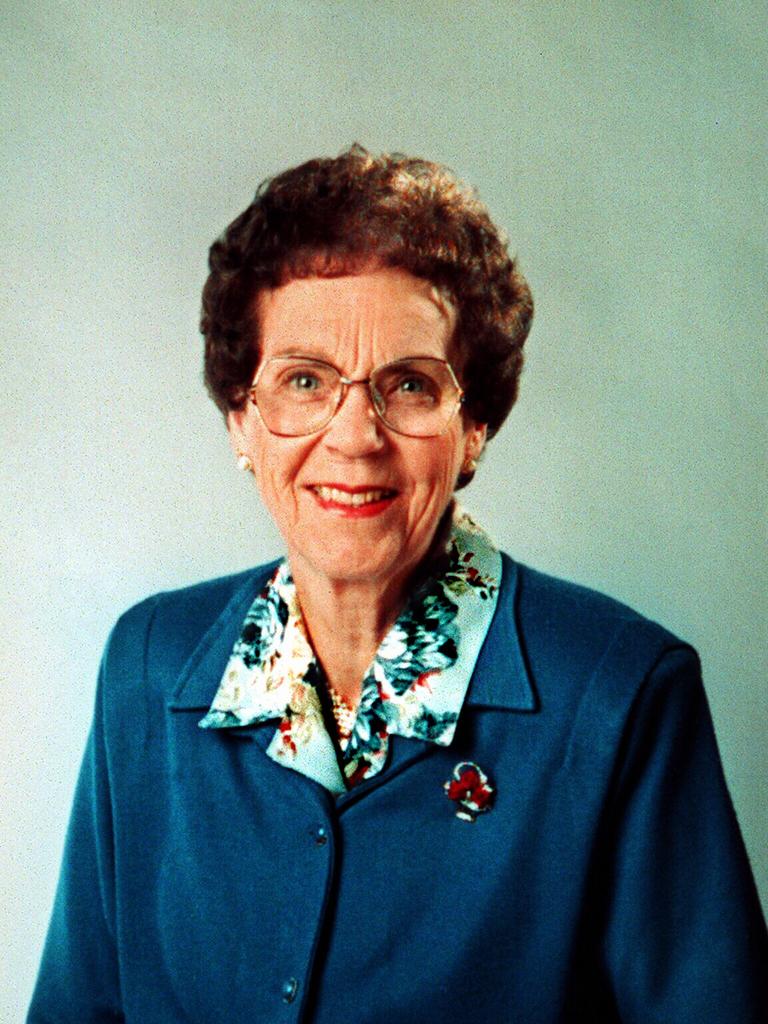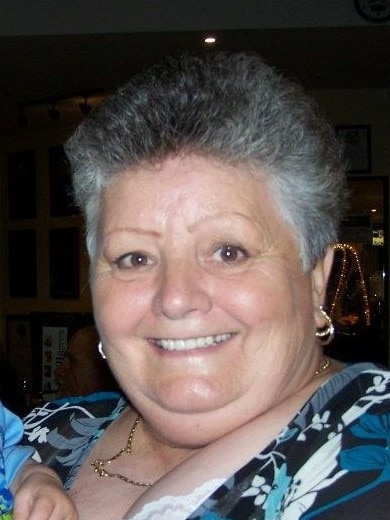Defence closing submissions begin in Supreme Court trial of alleged serial killer Steven Hainsworth
An alleged serial killer who allegedly called a ‘grandma erotica’ hotline said his DNA found at the crime scene of a murdered grandmother in 1998 cannot be relied on.
Police & Courts
Don't miss out on the headlines from Police & Courts. Followed categories will be added to My News.
The DNA of an alleged serial killer found at the crime scene of a murdered grandmother is not reliable as there was “proven contamination,” a court heard.
Steven Leslie Hainsworth, 49, of Mildura in Victoria, is standing trial in the Supreme Court for the alleged murders of his next-door neighbour Phyllis Harrison, 71, in March 1998, his aunt Beverley Hanley, 64, in October 2010, and his associate Stephen Newton, 55.
He has pleaded not guilty.
Mrs Harrison, who was Mr Hainsworth’s next-door neighbour at the time, was fatally stabbed.
During closing submissions last week, Director of Public Prosecutions, Martin Hinton KC there was “extremely strong support” that Mr Hainsworth was a match to DNA samples sourced from on and around Mrs Harrison’s body.


Ms Hanley died from both blunt force trauma and incisions to her neck that cut her carotid artery and jugular.
A bloody cricket bat was found near her body, along with bloody footprints.
Mr Hinton said evidence key to Ms Hanley’s murder arose from her distinctive light-up telephone, where Mr Hainsworth’s DNA profile was found on a disconnected plug and cord.


The court heard Mr Hainsworth was also a “known associate” of Mr Newton – who had been “punched to death” before evidence was spray-painted green in an attempt to “conceal” it.
DNA profiles matching both Mr Hainsworth and his then-partner were located around and on Mr Newton’s body.
Mr Hinton said Mr Hainsworth’s motive for killing the trio was stealing items to pawn in order to fund his drug habit.
The court heard Mr Hainsworth had made admissions to various people in the aftermath of the murders, including his former prison mate.
In his closing submissions on Thursday, Andrew Fowler-Walker, for Mr Hainsworth, told the court in regards to Ms Harrison’s murder that there was a lack of understanding in 1998 about the risk of transfer in DNA evidence
“This is a case of proven contamination … not just at the scene but also at the laboratory,” he said.
Mr Fowler-Walker said the witnesses who told the court Mr Hainsworth, “the granny killer” confessed to them about some of the murders were not reliable to credible.
“The accused would just not have told these witnesses that he killed anybody … that would put himself in that kind of danger with the prison witnesses,” he said.
The court heard Mr Hainsworth allegedly made a phone call to a “grandma’s erotica” hotline around the time of Ms Harrison’s murder, with prosecution alleging it may have been sexually motivated.
Mr Fowler-Walker told the court while Mr Hainsworth told police in an interview he might have made the call he denied to them having an interest in grandmothers.
The trial, before Justice Adam Kimber and without a jury continues





